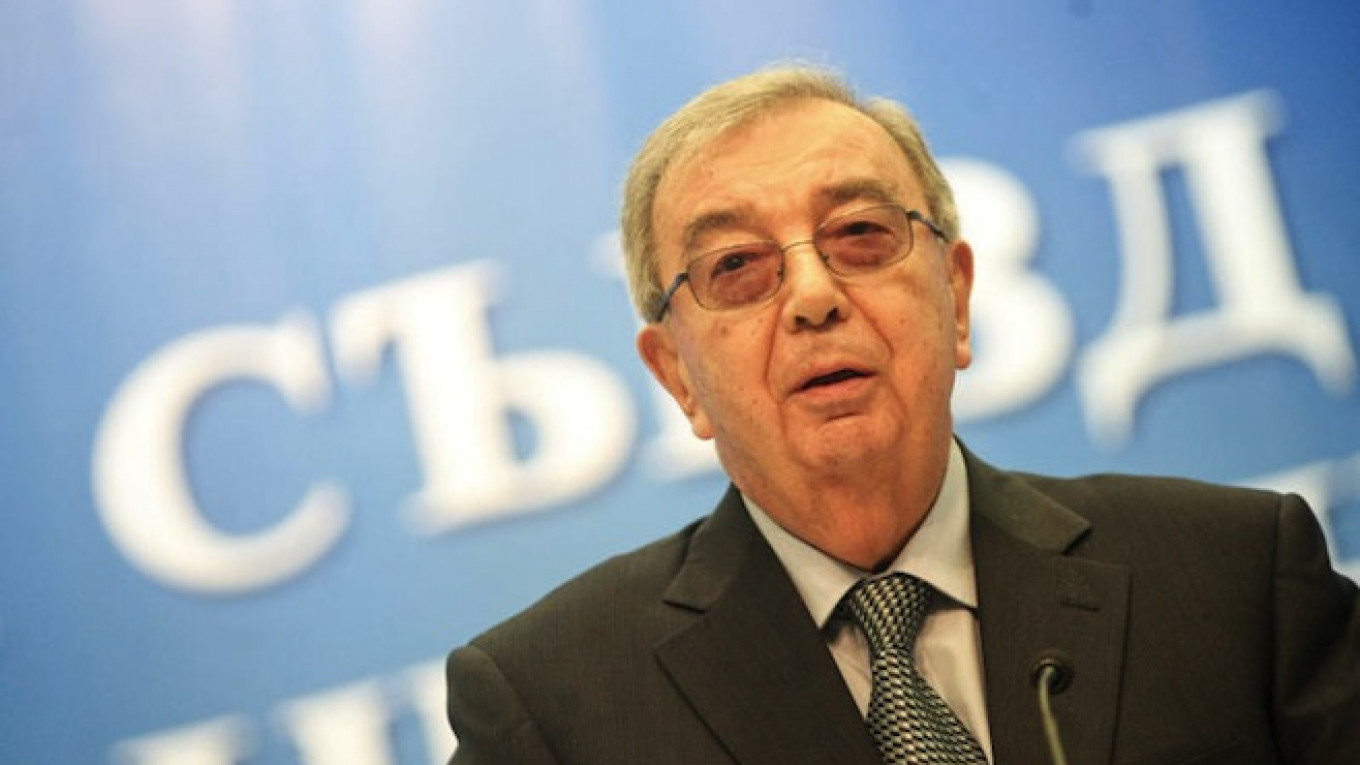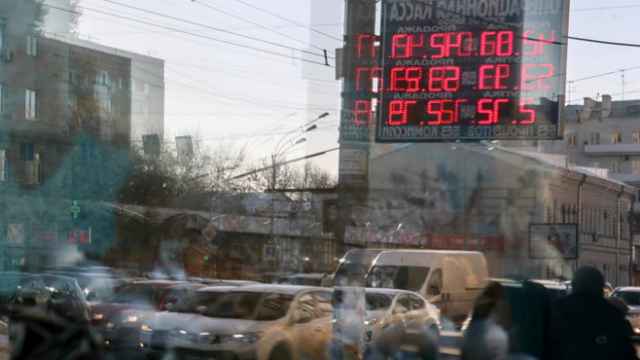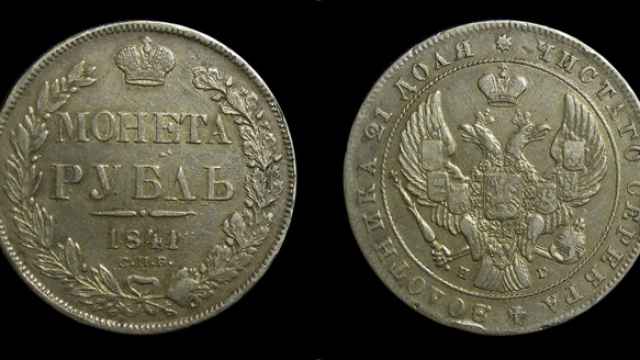Yevgeny Primakov, a former Russian prime minister, foreign minister and spymaster, has died, the Kremlin said on Friday.
Primakov, whose political career began in the Soviet era, was 85.
Kremlin spokesman Dmitry Peskov told reporters that President Vladimir Putin had been informed of Primakov's death and was deeply saddened, but gave no other details.
Born in the Ukrainian capital of Kiev in 1929, Primakov was brought up in Tbilisi, the capital of Georgia.
After graduating as an Arabic scholar from the Moscow Institute for Oriental Studies in 1953, he went on to be a correspondent for state radio and television, including postings in the Middle East in the 1960s.
He entered the Soviet parliament in 1988 and chaired the chamber from 1989-90. He then played a prominent role in failed efforts to avert the 1991 Gulf War when Soviet leader Mikhail Gorbachev sent him to negotiate in Baghdad with Iraqi leader Saddam Hussein.
After the collapse of the Soviet Union, Primakov was made head of the Foreign Intelligence Service (SVR) and was appointed foreign minister in January 1996. Primakov was seen abroad as a hawk but won respect from peers such as U.S. Secretary of State Madeleine Albright during negotiations on NATO enlargement.
President Boris Yeltsin appointed Primakov prime minister in September 1998, seeing him as a compromise figure to help ease political tensions after a market crash and effective default.
Primakov was credited with restoring a degree of stability after years of chaos but liberals accused him of freezing economic reforms. He was sacked in May 1999.
Out of government, Primakov aligned himself with a left-leaning political bloc and indicated he would run in the 2000 presidential election, but dropped out when Kremlin power brokers united around the bid of Vladimir Putin.
In a 2003 reprise of his mission to Iraq before the first Gulf War, Primakov met Saddam Hussein at Putin's request for last-ditch peace talks. Three days later, the U.S.-led offensive got under way.
In later life, Primakov headed a business lobby group and was respected as one of Russia's leading elder statesmen.
A Message from The Moscow Times:
Dear readers,
We are facing unprecedented challenges. Russia's Prosecutor General's Office has designated The Moscow Times as an "undesirable" organization, criminalizing our work and putting our staff at risk of prosecution. This follows our earlier unjust labeling as a "foreign agent."
These actions are direct attempts to silence independent journalism in Russia. The authorities claim our work "discredits the decisions of the Russian leadership." We see things differently: we strive to provide accurate, unbiased reporting on Russia.
We, the journalists of The Moscow Times, refuse to be silenced. But to continue our work, we need your help.
Your support, no matter how small, makes a world of difference. If you can, please support us monthly starting from just $2. It's quick to set up, and every contribution makes a significant impact.
By supporting The Moscow Times, you're defending open, independent journalism in the face of repression. Thank you for standing with us.
Remind me later.






